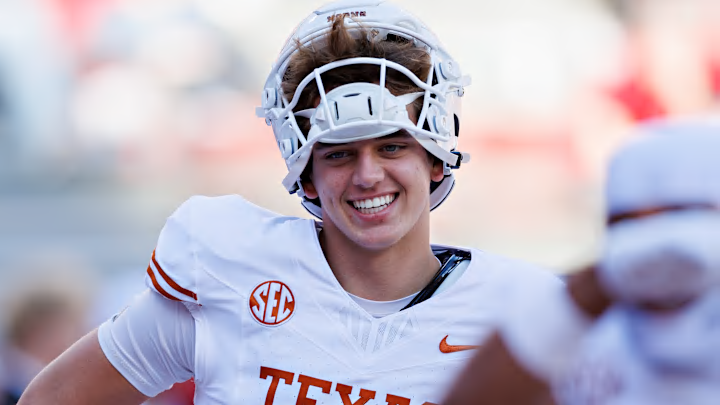The world of college sports has shifted more in the last few years than it has in almost its entire existence. With NIL, the transfer portal, and more popping up and changing in the blink of an eye, it can be hard to keep up with everything happening.
With the most recent change, or adjustment, the House settled with the NCAA and ruled that colleges and universities could directly pay their athletes, a virtual pay-to-play situation for college athletes.
You might be thinking, "How is that any different from the NIL collectives and funds that have been in place for the past couple of years?"
Honestly, that's a really great question, one that even some college athletic departments are trying to grapple with as we speak. These universities built million-dollar funds through boosters, donations, NIL deals, and more.
What will happen to NIL collectives now?
Now, those funds are rapidly getting cut as schools no longer have to use a "workaround" to get their players the most amount of money possible. Yet another shift in college sports.
The NIL Go Clearinghouse was created within the House settlement as a virtual vetting system for various NIL deals that continue to pop up, even with programs directly paying athletes, and is run by the brand-new College Sports Commission.
How else can college athletes make money?
Beyond NIL deals and getting a paycheck signed over to them by their teams, college athletes now have a big question surrounding them:
"Is it possible for private equity funds to pay collegiate athletes without crossing any of the House settlement lines?
For now, the answer is still unknown. Colleges are having to look between the lines to ensure that they aren't walking themselves or their players into a sticky situation, mainly because this has never been a situation before.
Currently, the Texas Tech Red Raiders are the frontrunners in the learning curve, already writing a three-year $5.1 million check over to five-star offensive tackle Felix Ojo, and preparing to write an even bigger one to land LaDamion Guyton, the No. 1 prospect in the class of 2027.
To put it simply, most questions you're possibly asking are being asked by everyone else, including the bigwigs in the NCAA and athletic departments. Most of the answers to those questions are still unknown, and may be for quite a while.
